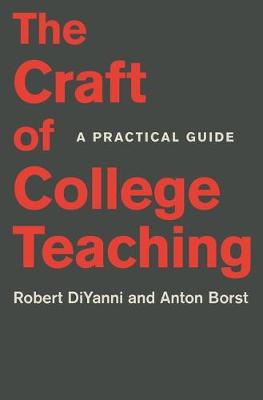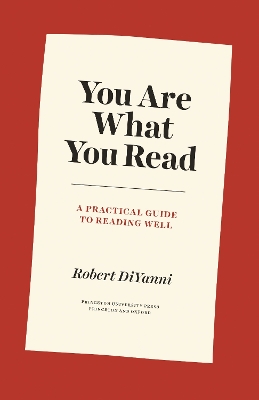Skills for Scholars
2 total works
The essential how-to guide to successful college teaching and learning
The college classroom is a place where students have the opportunity to be transformed and inspired through learning-but teachers need to understand how students actually learn. Robert DiYanni and Anton Borst provide an accessible, hands-on guide to the craft of college teaching, giving instructors the practical tools they need to help students achieve not only academic success but also meaningful learning to last a lifetime.
The Craft of College Teaching explains what to teach-emphasizing concepts and their relationships, not just isolated facts-as well as how to teach using active learning strategies that engage students through problems, case studies and scenarios, and practice reinforced by constructive feedback. The book tells how to motivate students, run productive discussions, create engaging lectures, use technology effectively, and much more. Interludes between chapters illustrate common challenges, including what to do on the first and last days of class and how to deal with student embarrassment, manage group work, and mentor students effectively. There are also plenty of questions and activities at the end of each chapter.
Blending the latest research with practical techniques that really work, this easy-to-use guide draws on DiYanni and Borst's experience as professors, faculty consultants, and workshop leaders. Proven in the classroom and the workshop arena, The Craft of College Teaching is an essential resource for new instructors and seasoned pros alike.
How you can enrich your life by becoming a more skillful and engaged reader of literature
We are what we read, according to Robert DiYanni. Reading may delight us or move us; we may read for instruction or inspiration. But more than this, in reading we discover ourselves. We gain access to the lives of others, explore the limitless possibilities of human existence, develop our understanding of the world around us, and find respite from the hectic demands of everyday life. In You Are What You Read, DiYanni provides a practical guide that shows how we can increase the benefits and pleasures of literature by becoming more skillful and engaged readers.
DiYanni suggests that we attend first to what authors say and the way in which they say it, rather than rushing to decide what they mean. He considers the various forms of literature, from the essay to the novel, the short story to the poem, demonstrating rewarding approaches to each in sample readings of classic works. Through a series of illuminating oppositions, he explores the paradoxical pleasures of reading: solitary versus social reading, submitting to or resisting the author, reading inwardly or outwardly, and more. DiYanni closes with nine recommended reading practices, thoughts on the different experiences of print and digital reading, and advice on what to read and why.
Written in a clear, inviting, and natural style, You Are What You Read is an essential guide for all who want to enrich their reading-and their life.

